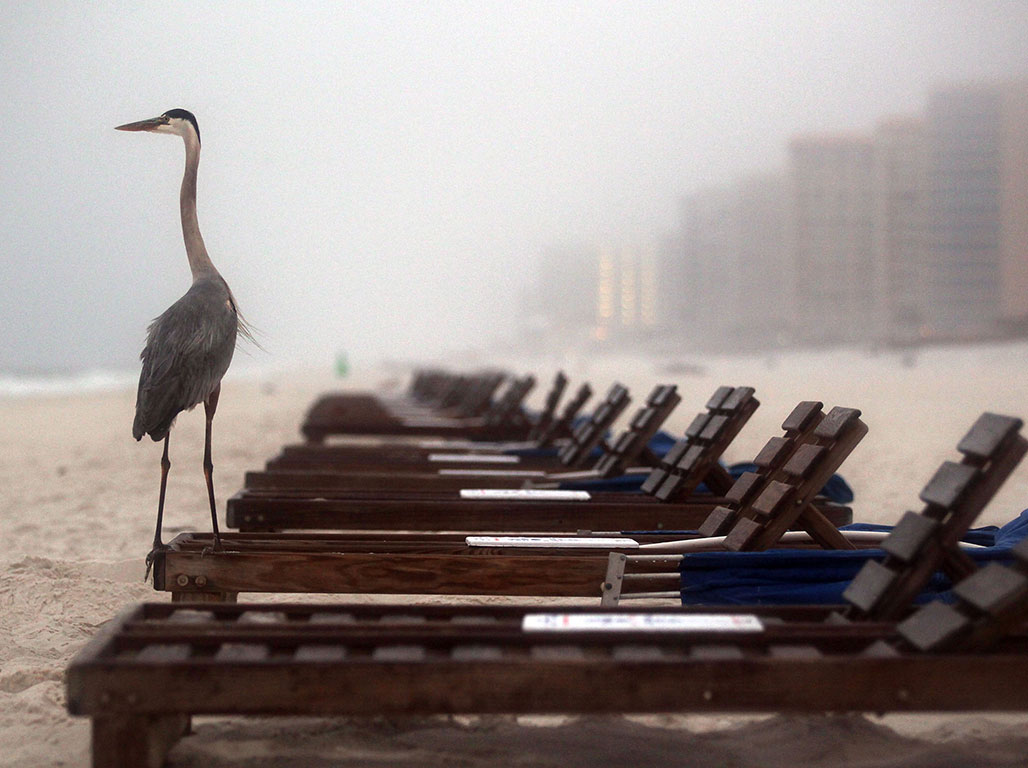BP wins appeal over oil spill
Reprieve for oil giant in legal battle over 2010’s Gulf of Mexico disaster that was set to cost the firm $15bn

The Deepwater Horizon disaster that wrecked the Gulf of Mexico has caused a wave of legal trouble for oil giant BP, which has become the primary target for environmental campaigners the world over.
When four million barrels worth of oil burst out of the well off the coast of Florida in 2010, causing vast amounts of damage to both the environment and local business, BP was vilified by politicians and the media. The company has suffered fines amounting to nearly $42.4bn since the spill, much of which has gone towards compensating businesses affected by the disaster.
However, in a rare victory for the company, an appeals court in the US has ruled that some compensation payments are unlawful. New Orleans’s Fifth Circuit appeals court put a temporary block on some payments on Wednesday, stating that many of the claims approved previously may not have been relevant to the spill.
One of the judges on the panel, Circuit Judge Edith Brown Clement, wrote in her assessment, “There is no need to secure peace with those with whom one is not at war. The district court had no authority to approve the settlement of a class that included members that had not sustained losses at all, or had sustained losses unrelated to the oil spill, as BP alleges. If the administrator is interpreting the settlement to include such claimants, the settlement is unlawful.”
BP hope the injunction will help limit the soaring compensation costs it has already had to pay out. Originally estimated at $7.8bn, it has already jumped to $9.6bn and is currently believed to be approaching $15bn.
In a statement, the firm welcomed the ruling, saying it was “extremely pleased” with the decision. BP added, “Today’s ruling affirms what BP has been saying since the beginning: claimants should not be paid for fictitious or wholly non-existent losses. We are gratified that the systematic payment of such claims by the administrator must now come to an end.”
Patrick Juneau, administrator of the Deepwater Horizon Court Supervised Settlement Program, had been accused by BP of misinterpreting some of the claims and the terms of the settlement. Two lawyers on the program were recently suspended over allegations of misconduct, which centred on them supposedly taking payments from law firms relating to the processing of clients’ claims. However, an investigation by the FBI earlier this month found that Juneau had not “engaged in any conflict of interest, or unethical or improper conduct.”













